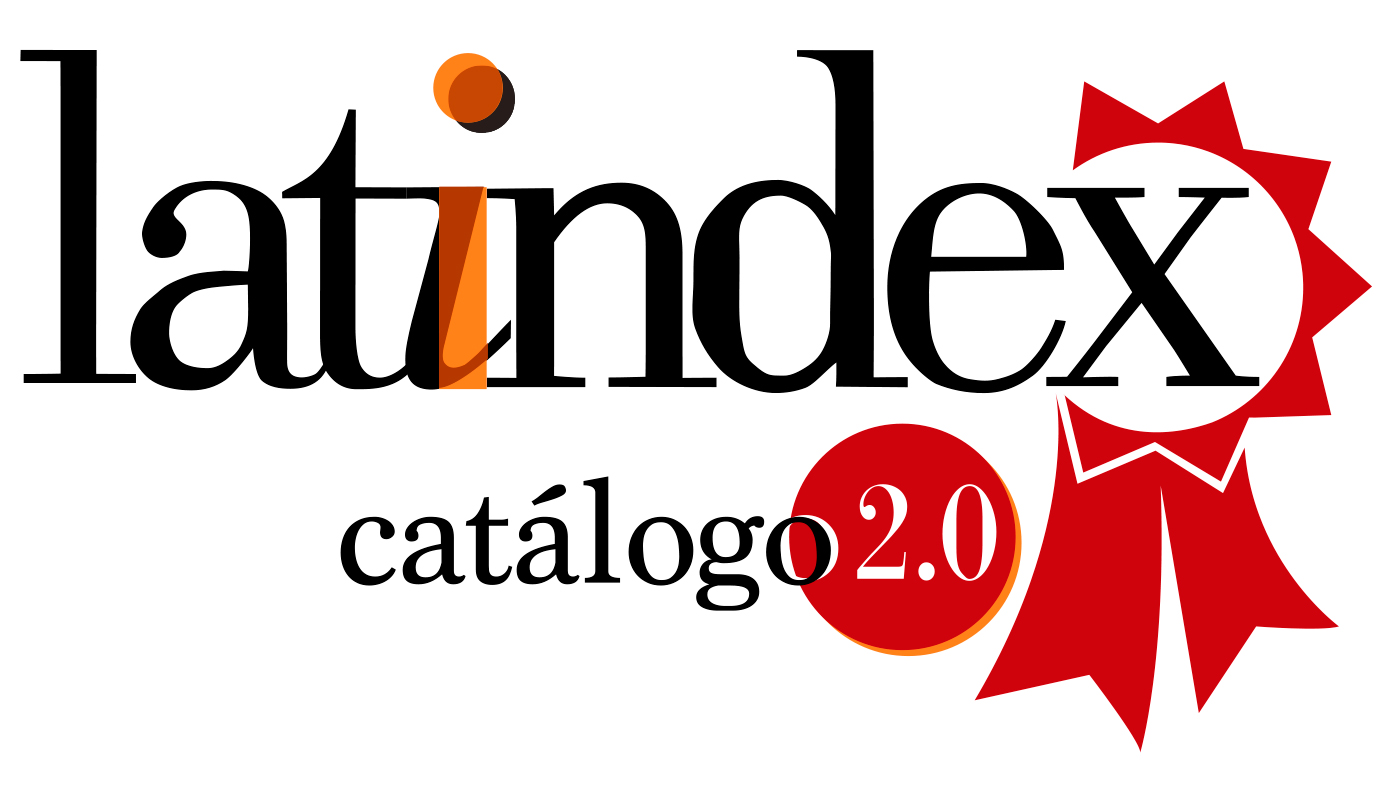The paradox of the impossibility of knowledge in the Menon
Abstract
The paradox that appears in the Menon's dialogue opens a period of reflection in Platonic philosophy. The argumentative analysis allows us to see how these new elements are connected: on the one hand, the elenchus is abandoned as the prominent way to do philosophy, along with it appears an epistemological proposal that will be decisive in Plato's thinking and that in dialogue (Menón) allows to overcome the “erist argument” with which Menón tries to suspend the dispute.
The arguments of this passage have been analyzed by many authors, the novelty of my proposal is that it is done from a theory that considers that the argument is not only the sum of the arguments, but considers that there are elements that go beyond the premises and conclusion, which are decisive in the resolution of the dialogue.





